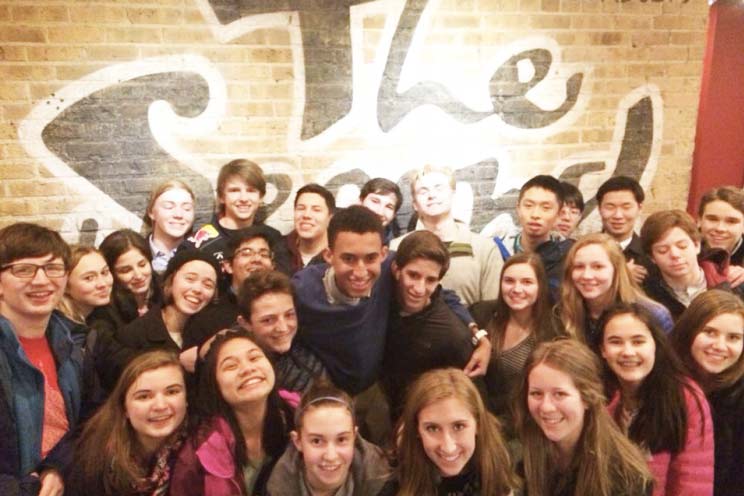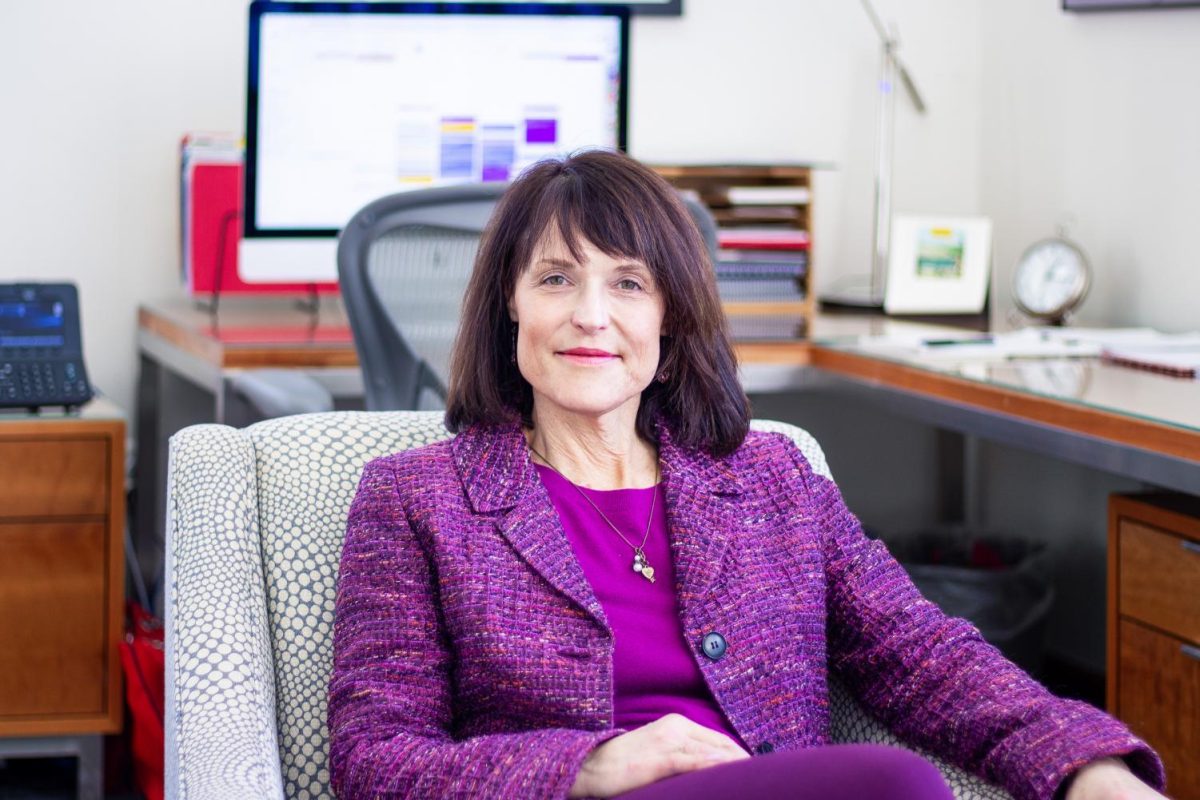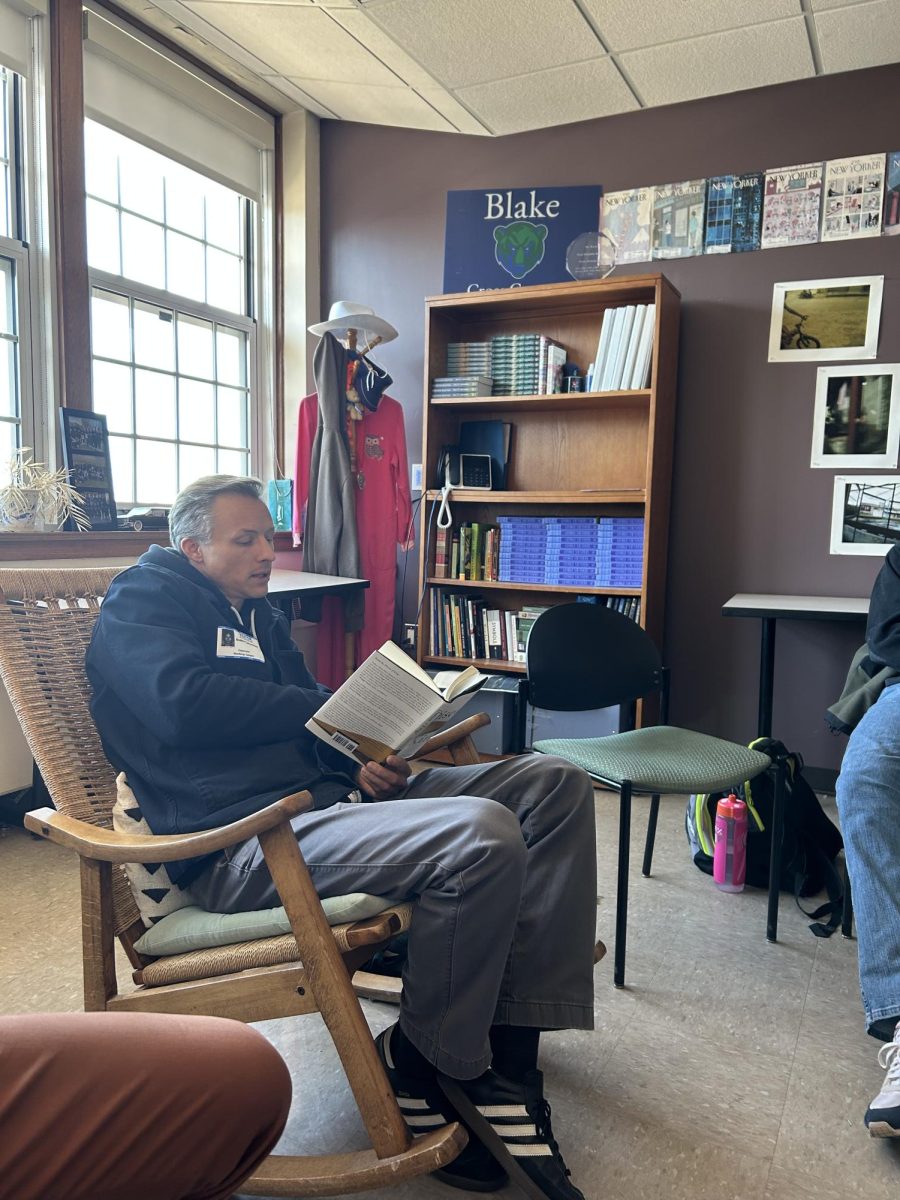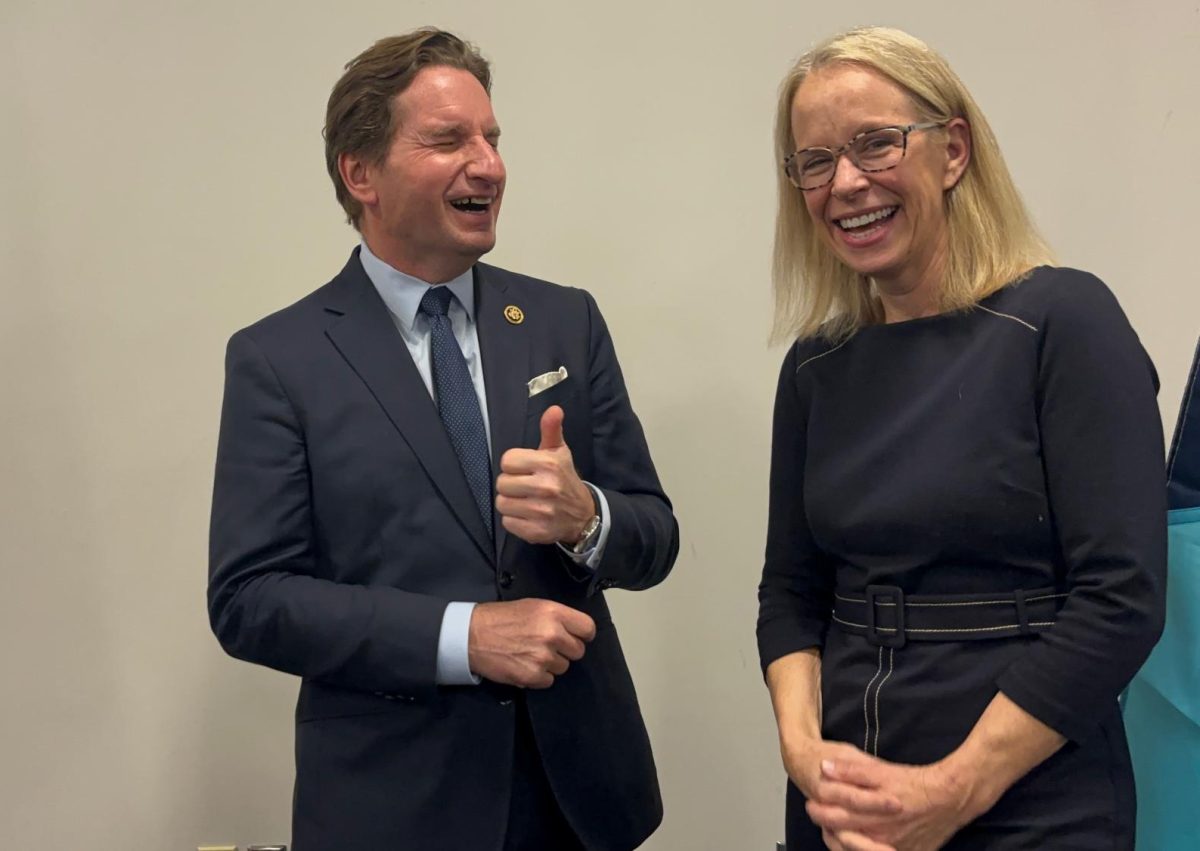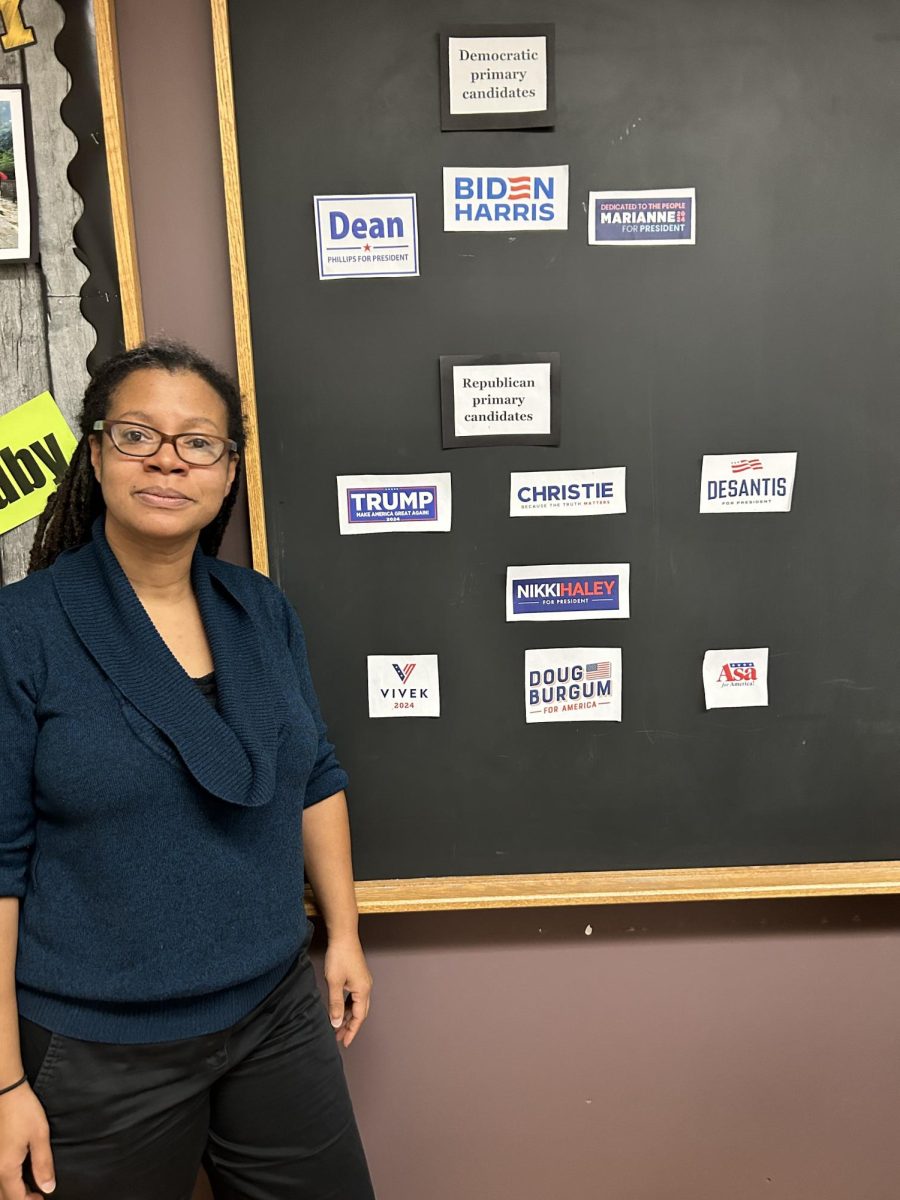Recently, Mark Gustaferro ‘16 got to “make tons of new friends, spend a few nights in a big city [and] go to a crazy fun dance.” Caitlin Kearney ‘16 went on the same trip, in part because, she says, “[I]t’s a personal goal of mine to travel all over the world.”
This wasn’t a spring-break vacation, however. They, and many other Blake students, were working hard at Model United Nations conferences, including ones in Edina, Chicago, and at Georgetown University in Washington, D.C. It wasn’t all partying, of course – the bulk of the conferences involved sitting on committees and proposing resolutions in a simulation of the real United Nations.
Nikolai Eklund ‘16 served on a special crisis committee. “Crisis committees are small and have certain special privileges afforded to them,” he says. His committee was a simulation of the Security Council, one of the most powerful bodies in the U.N., that took place in 1989. He describes how he and his committee-mates “were woken up at midnight for a crisis when the Soviets invaded Panama.” Representing Belgium, he stole a nuclear submarine and narrowly avoided nuclear annihilation. “The Soviets and Indians stole it back, and I nearly got banned from NATO [the North Atlantic Treaty Organization, a military alliance of European and North American countries], so nuclear Belgium’s reign was brief,” he says.
When Gustaferro represented France on the Security Council, he discussed North Korean aggression. “I got to do things like order French airstrikes in North Korea, attempt to assassinate other delegates from Russia and China, spy on other countries, and veto legislation from countries whose views I was opposed to,” he says.
Kearney represented the U.S. on the Security Council, and was also woken up at midnight, this time to deal with a hostage crisis in Syria. “Our hotel room was called at 12:30 at night to inform us that I.S.I.S. had taken hostages, and our committee convened from one a.m. to 5:30 a.m. to try to save them,” she says. “It’s always fun when things get complicated and secretive during high-stakes crises when fake lives are on the line!”
Although the conferences are “not a competition,” Gustaferro says, “Blake students engage in some of the most rigorous research and preparation for their countries and committee topics, and that serves them very well when it comes time to write resolutions.”
“At Blake, we measure success in MUN a little differently than many other schools do,” says Kearney. “There are awards given out for each committee at the end of each conference, but we don’t believe those awards are the best indicators of success, because the chairs – college students running the committee who decide the awards – don’t really see everything that goes on in committee. We believe that if a student really dives into the debate, works hard to cooperate with other delegates, speaks in front of the committee, and helps a resolution, then they are extremely successful.”
However, “that doesn’t mean that we never actually win awards,” she says. Both Kearney and Maxine Whitely ‘16 won the Book Award for “embodying the spirit of MUN” at McGill University in Montreal. At the University of Chicago, many competitors from the school won verbal commendations in “very competitive committees,” including Trinh Nguyen ‘18 and Dominic Chi ‘18 in the Group of 20 (a conference of major economic powers), Michael Smith ‘17 and Taylor Jones ‘17 in the Legal Committee, and Kearney and Brianna Pomonis ‘16 on the Security Council.
“There are so many interested and smart people from all over the world who come together to debate meaningful topics and have fun while doing so,” Eklund says. Model UN is “a great experience that stimulates speaking ability, leadership, people skills, writing, and quick wits. It truly must be experienced to be understood.”

